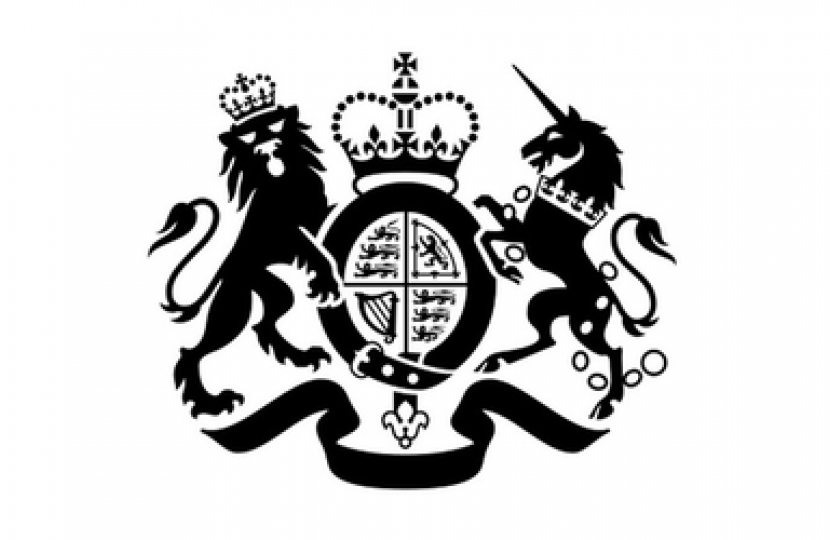
Dear Colleague,
Publication of the Government's Modern Slavery Statement
Today marks five years since the Modern Slavery Act 2015 received Royal Assent. The Act was a ground-breaking piece of legislation for the UK, which gave law enforcement the tools and powers to tackle and punish the perpetrators of this vile crime, introduced essential support for victims, established the role of the Independent Anti-Slavery Commissioner and created the transparency in supply chains reporting requirement to level the playing field for responsible business.
This week, in the midst of these difficult times tackling Covid-19, the Government has passed two significant milestones in its campaign to eradicate modern slavery.
Ensuring that victims are provided with the support they need to begin rebuilding their lives is a fundamental part of our work to tackle this heinous crime and I am therefore pleased to confirm that the Home Office has this week published statutory guidance setting out, in detail, how victims are identified and supported in England and Wales.
Today, we also became the first country to publish a Government Modern Slavery Statement. This statement outlines action taken to ensure that taxpayers’ money does not line the pockets of criminals who exploit vulnerable workers.
Thousands of businesses with a turnover above £36m are currently required to publish annual modern slavery statements under the Act. To lead the way for the public sector, the UK government has now published its own statement which assesses the risk of modern slavery across around £50bn of its annual spending.
The Statement sets out the Government’s efforts towards eradicating modern slavery from its supply chains, including direct engagement with around 400 suppliers and delivering training to over 250 government commercial staff. The Statement includes headline goals for ministerial departments to work towards as they prepare to publish their own statements from 2021 onwards.
I also want to take stock of our achievements since the Modern Slavery Act. Over the last five years we have continued to strengthen our response. The number of live police investigations continues to rise and more perpetrators have been brought to justice under the Modern Slavery Act offences. We are also identifying and supporting more victims than ever before and in 2018 almost 7,000 potential victims were referred into the National Referral Mechanism, a 36% increase on the 2017 referrals.
We have introduced a new digital referral system making it easier for those on the frontline to get victims into NRM support. We launched the Single Competent Authority as an expert case-working unit, which is ensuring high-quality and timely decision making for all victims, and we introduced Multi-Agency Assurance Panels to review all negative conclusive grounds decisions, providing a further level of certainty to the decision-making process. We have successfully expanded the Independent Child Trafficking Guardians service to be operational in one third of all local authorities in England and Wales.
The UK has led the global response against modern slavery. To date, over 90 countries have endorsed the UK’s Call to Action to End Forced Labour, Modern Slavery and Human Trafficking and at the UN General Assembly in 2018, the UK, in partnership with the US, Canada, New Zealand and Australia launched a set of Principles to Combat Human Trafficking in Global Supply Chains. In 2019, the Foreign and Commonwealth Office appointed a new International Modern Slavery and Migration Envoy to represent the UK’s interests on this agenda internationally.
While we have made significant progress we also need to recognise that modern slavery is a rapidly evolving threat. In recognition of this, the Home Office commissioned an Independent Review of the Modern Slavery Act to look at what can be improved in the implementation of the Act. Our response accepted or partially accepted the majority of the Review’s recommendations.
Following the Review we have consulted on measures to strengthen our world-leading Transparency in Supply Chains legislation and are committed to create a free online central reporting service where organisations can publish their modern slavery statements.
It’s also crucial that we continue to enhance the evidence base and improve our understanding of this crime. That’s why the Government has committed to invest £10 million over five years to establish a Policy an Evidence Centre on Modern Slavery Policy and Human Rights.
Five years on from the Modern Slavery Act we remain just as committed as we were in 2015 to eradicating modern slavery and we are as determined as ever to keep up our fight to tackle the scourge of this vile crime, here in the UK, and overseas, today and in the future.
Victoria Atkins MP
Minister for Safeguarding

